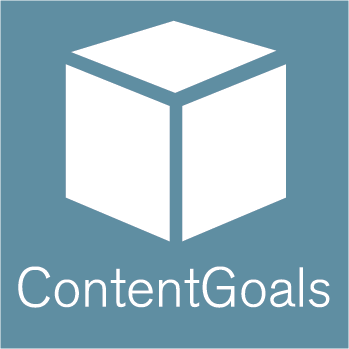
Content Design
The foundational blueprint for information
UX content design is crucial because it directly influences how users interact with a product or service. Smart content design makes it easy for users to meet their needs while achieving business goals.
I make sure that content is accessible, easy to navigate, and tailored to the context in which it will be consumed, whether it's a website, app, or other digital platform.


What is content design?
Content design is a strategic mix of information architecture, user experience principles, and content patterns.
It goes beyond traditional copywriting by focusing on how users find, understand, and interact with content across their entire journey.
Imagine it as the blueprint for how information flows through a digital experience – much like an architect plans a building's layout for optimal movement and functionality.

Common content design challenges
Information overload
Overwhelming walls of text without clear hierarchy
Too many competing messages on one screen
Cluttered interfaces with unnecessary information
Excessive jargon or technical language
Navigation frustration
Confusing menu structures
Unclear labels and button text
Dead ends with no clear next steps
Buried important information
Inconsistent naming across pages
Conversion barriers
Unclear calls to action
Missing or confusing product information
Complex checkout processes
Forms with unclear instructions
Lack of trust-building content
User experience issues
Inconsistent tone and messaging
Poor error handling and feedback
Lack of context for user decisions
Missing confirmation messages
Gaps in user journey content
Poor content design can lead to numerous problems that impact both user experience and business outcomes.
Common content design issues include:
Content design solutions
My collaborative approach ensures you're involved every step of the way, with clear deliverables and measurable outcomes.
Content design solutions include:
Reduce information overload
Implement progressive disclosure techniques to reveal information gradually
Create clear content hierarchies with proper heading structures
Use chunking to break down complex information into digestible sections
Replace technical jargon with plain language explanations
Design scannable layouts with strategic white space
Simplify navigation
Create intuitive information architecture based on user needs
Use clear, action-oriented labels that match user mental models
Provide contextual navigation cues and breadcrumbs
Implement consistent naming conventions across all touchpoints
Design clear wayfinding with visual hierarchies
Optimize conversion
Create clear, compelling calls to action
Provide essential information at decision points
Streamline forms with clear field labels and help text
Add social proof and trust indicators at key moments
Design clear confirmation and next steps
Enhance user experience
Inconsistent tone and messaging
Poor error handling and feedback
Lack of context for user decisions
Missing confirmation messages
Gaps in user journey content
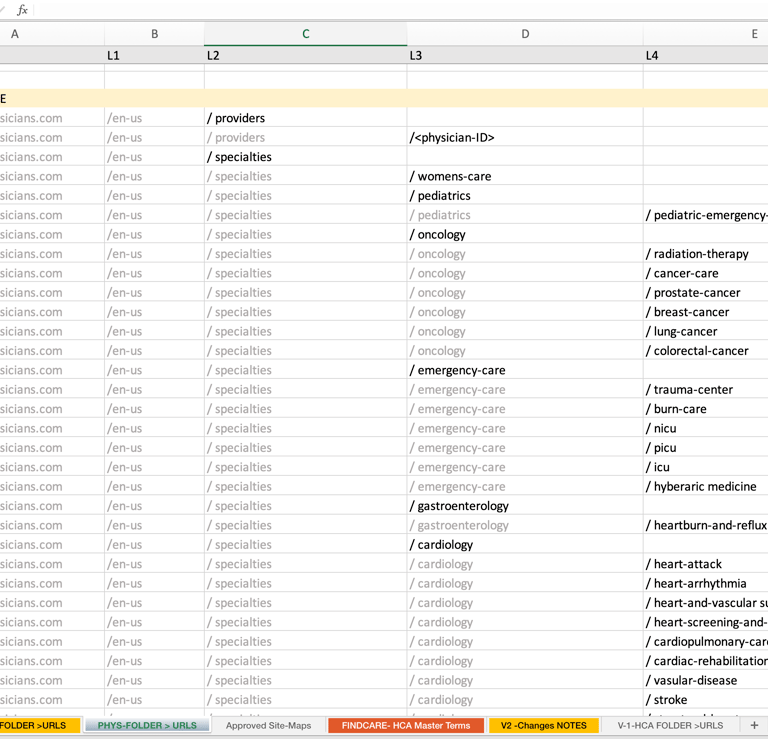

Structure and organization
Organizing content into digestible segments that help users better process information
Developing content hierarchies that guide users logically through complex processes
Creating clear navigation labels that match how users think and search

Structure and organization in content design are fundamental because they directly impact how users find, understand, and use information.
Reduce cognitive load
When content is well-structured, users don't have to work as hard to find what they need.
Structure and organization involve:


Content patterns
Content patterns in content design are reusable, consistent structures that help create predictable and efficient user experiences. They serve as building blocks that can be applied across different parts of a digital product or service.
Design reusable building blocks
Content patterns encompass:
Developing consistent formats for product descriptions across an entire catalog
Creating reusable content components for features like user profiles or help articles
Establishing standard ways to present important information like pricing or technical specifications
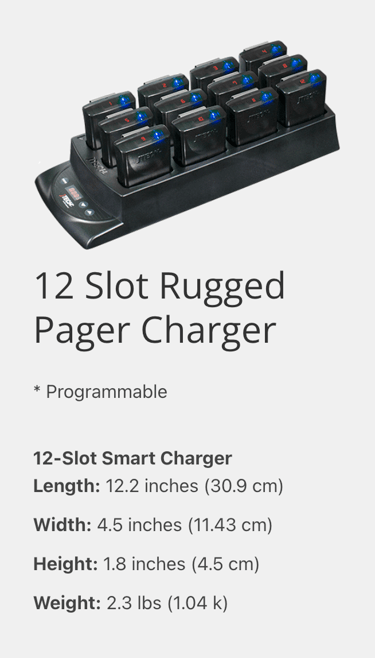

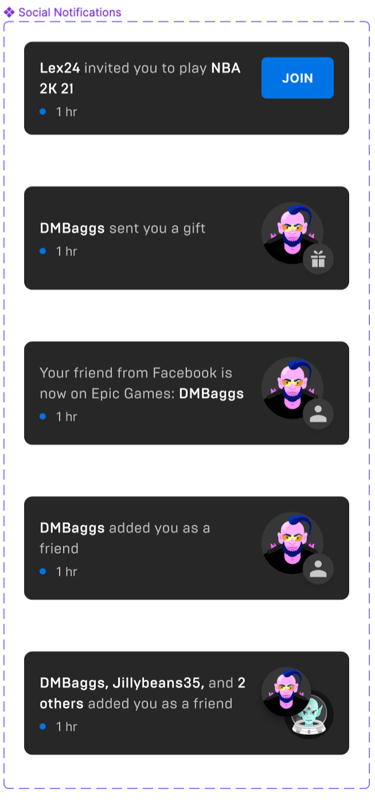

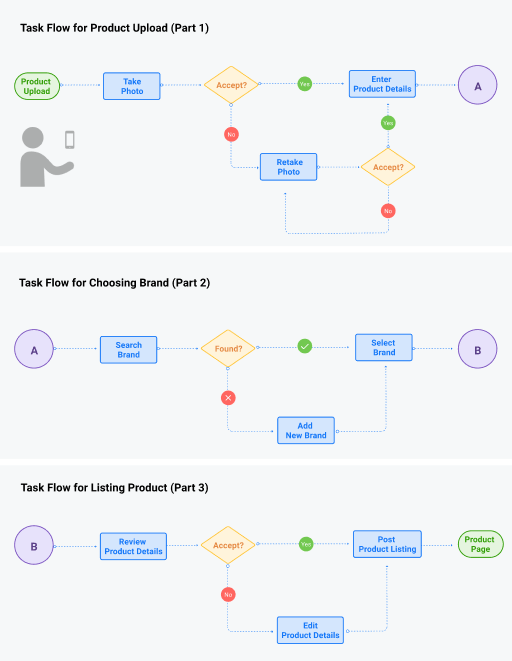

User flows
Mapping out step-by-step instructions for completing a bank transfer
Creating an onboarding sequence that gradually introduces new users to complex features
Designing a hotel booking process that anticipates and answers user questions at each stage
User flows in content design are strategic pathways that guide users through content experiences to help them achieve their goals.
Anticipate and guide users
Journeys are carefully crafted so that content appears at exactly the right moment to help users make decisions and complete tasks
Some examples of user flows are:



My content design process
Discovery & research
I dive deep into understanding your users, business, and current content challenges through:
User behavior analysis and journey mapping
Content audits and gap analysis
Competitor research and benchmarking
Stakeholder interviews and workshops
Strategy development
Turning insights into action, I create:
Content design principles and guidelines
User-centered information architecture
Content models and patterns
Interaction flows and user journeys
Design & implementation
I bring your content to life through:
Intuitive navigation structures
Clear, consistent messaging frameworks
Accessible content patterns
Responsive content components
Microcopy and UI content
Testing & optimization
I ensure your content performs through:
Collaboration with usability testing
A/B testing recommendations
Content performance analysis
Ongoing optimization strategies
Content design is more than just writing – it's the art and science of creating content that works. I combine user research, strategic thinking, and design principles to craft content that meets both user needs and business goals.
Ready to transform your content experience?
Let's discuss how my content design services can help you create more effective, user-centered content that drive results.

